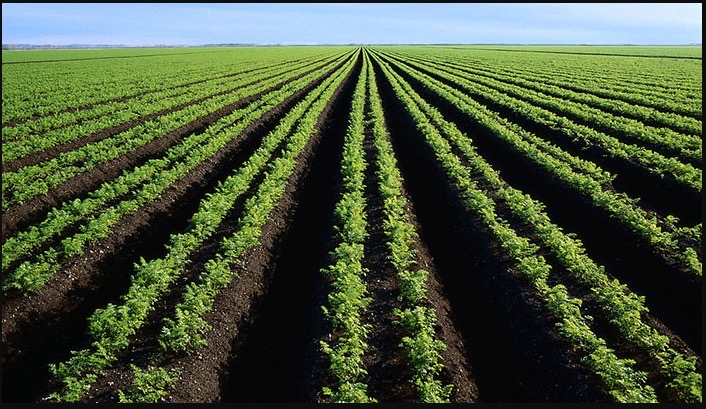Africa’s vast and diverse landscape boasts a wealth of mineral resources, including gold, silver, copper, uranium, cobalt, and more, essential for global manufacturing. The mining and extractive industries significantly influence Africa’s GDP, export revenue, and overall economic health. In recent years, minerals and fossil fuels have accounted for at least 60% of African exports. Among the 54 African nations, 18 rely on non-fuel resources, 10 on fuel or energy sales, and the rest on agricultural exports, categorizing them as resource-reliant countries.
The mining and natural resources industry are critical to Africa’s economic development, yet the focus on oil and gas often overshadows the discussion of the non-fuel mineral extraction sector. In this article, we explore the opportunities presented by Africa’s mineral wealth before addressing the challenges faced by African miners.
Exploring the Opportunities
Africa is home to a diverse array of mineral resources. For instance, it stands as the third-largest gold producer globally, with mining operations spanning over 21 countries. This has not only created significant employment opportunities but also witnessed a steady increase in gold production since 2008. Recent exploratory surveys in Uganda have revealed an astonishing 31 million tons of gold ore, with an estimated 320,158 tons of refined gold valued at $12.8 trillion potentially available for mining.
While substantial reserves exist in various regions, the bulk of gold ore resources are concentrated in the northeastern region of Karamoja. Africa is actively attracting foreign investors and mining companies, such as the Chinese mining company Wagagai, which recently received permission to commence operations in the Busia District. These mineral discoveries open doors to significant development opportunities.
Foreign investment is another promising aspect of mining in Africa. Efforts to attract foreign direct investment (FDI) have been ongoing since the 1980s, with revisions to labor laws, social policies, ownership structures, and taxation designed to entice investors. FDI can play a pivotal role in financing infrastructure development and addressing poverty, creating jobs, and stimulating economic growth.
Small-scale mines in Africa also produce high-value metals and minerals, contributing significantly to foreign exchange revenues. Sub-Saharan Africa, for instance, produces an estimated US$1 billion worth of gold and gemstones annually.
Overcoming the Challenges
Africa’s mining sector faces complex challenges, similar to those confronting the global mining industry. These challenges include environmental and climate impacts, trade disputes, geopolitical tensions, fluctuating demand, technological advancements, and a shortage of skilled maintenance workers. Mining companies must address these issues to remain competitive and drive sustainable growth.
Environmental and Social Pressures: Mining companies are under growing pressure to reduce their carbon footprint and demonstrate respect for local communities’ human rights. Addressing social and environmental concerns is increasingly important for shareholders and stakeholders.
Water Scarcity: Water scarcity in regions with mining activities is expected to worsen. Miners must incorporate water management strategies into their corporate plans to remain competitive.
Safety and Health: Mining is inherently dangerous, but digitalization and technology are being leveraged to improve safety. Geolocation technologies and innovative systems are reducing risks for workers.
World Politics: Global political developments, such as the war in Ukraine and trade disputes, affect the mining industry. Short-term political instability, resource nationalism, and trade conflicts can disrupt supply chains and increase costs.
Technological Advancements: Rapid technological progress, especially in electric vehicles and battery technologies, is driving demand for minerals like lithium. This poses challenges and opportunities for African mining.
In conclusion, Africa’s mining industry holds immense potential for growth and development. By addressing these challenges head-on and leveraging its vast mineral wealth, Africa can position itself at the forefront of the global mining sector. The continent’s rich resources, combined with responsible and sustainable practices, will undoubtedly lead to a brighter and more prosperous future for Africa and its mining industry.


